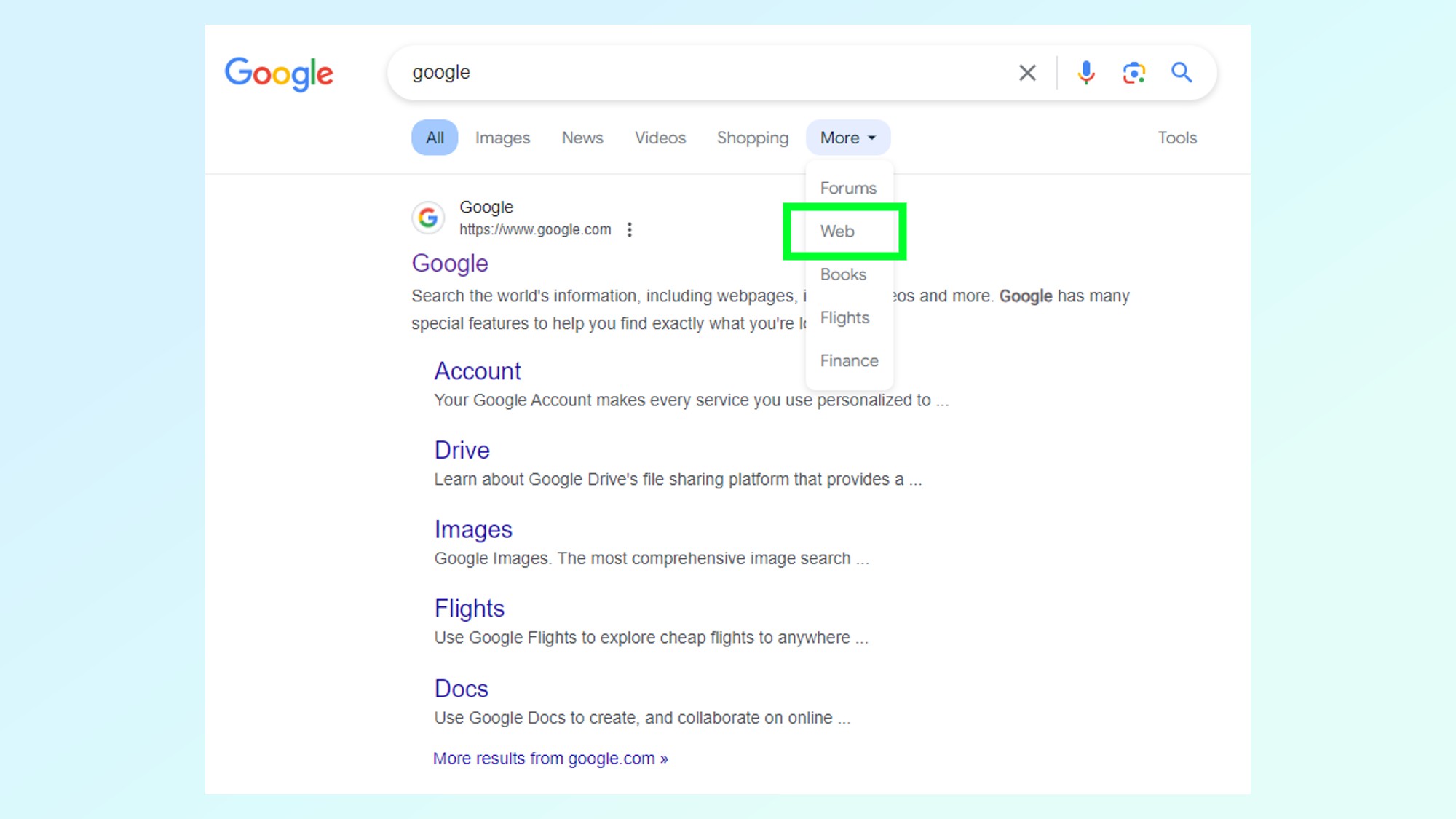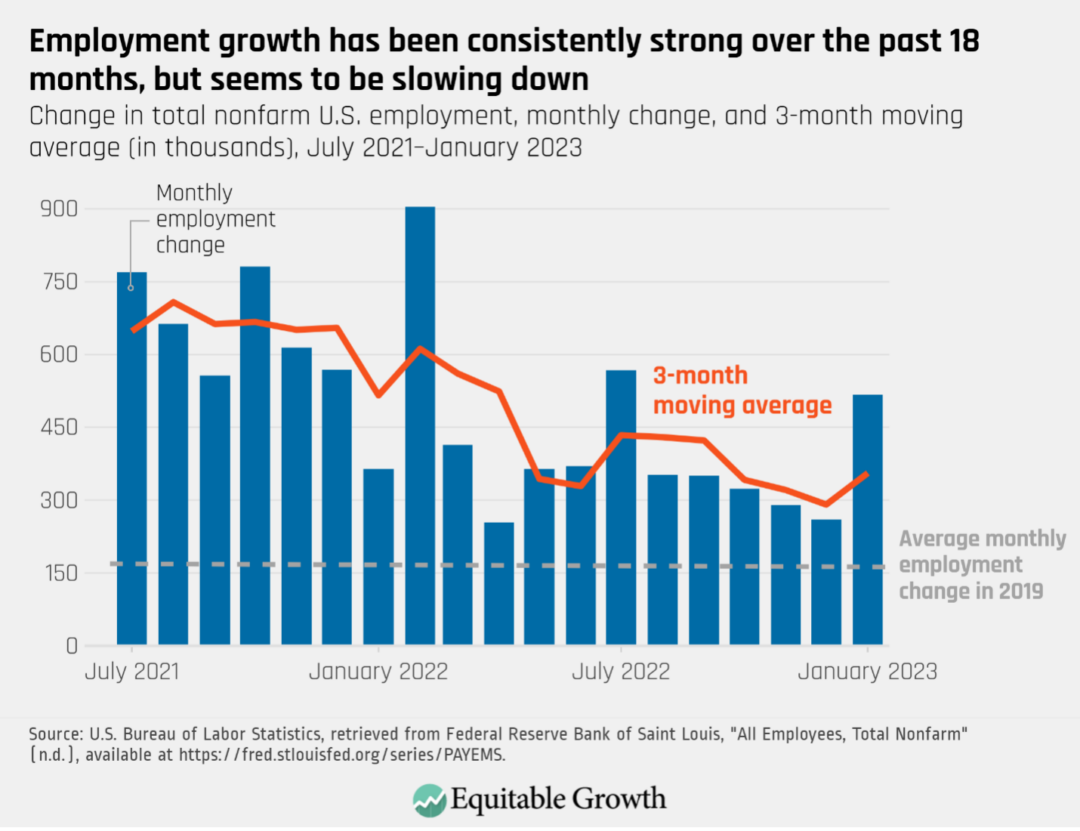Understanding Google's Search AI Training And Website Opt-Outs

Table of Contents
How Google Uses Website Data for AI Training
Google's search engine relies on a massive web crawl to collect data from billions of websites. This process, known as web crawling, involves automated bots that systematically visit websites, indexing their content and metadata. This data indexing is not simply about storing information; it's the lifeblood of Google's sophisticated machine learning and AI algorithms. The collected data, including text, images, structured data (like Schema markup), and even aspects of website design, helps Google refine its search algorithms and improve the AI models that power many search features.
-
Examples of website data used:
- Text content: Keywords, headings, descriptions, and the overall text on your pages.
- Images: Alt text, file names, and the images themselves contribute to visual search understanding.
- Structured data: Schema markup provides context to Google, enabling richer search results and better understanding of your website's content.
-
Improving Search Relevance and User Experience: By analyzing this data, Google's AI algorithms learn to better understand the meaning and context of web pages, leading to more relevant search results and a more personalized user experience. This benefits users by providing them with the most accurate and helpful information.
-
Benefits for Users: Better search results, faster loading times (thanks to AI-powered indexing), and personalized search experiences tailored to individual preferences.
Understanding Website Opt-Out Options for Google's Search AI Training
Website owners have some control over how Google uses their data, though it's important to understand the limitations. While complete opt-out isn't currently available, you can influence the data Google collects through the robots.txt file.
-
robots.txtand its limitations: Therobots.txtfile is a text file placed in the root directory of your website. It provides instructions to web crawlers about which parts of your website they should or shouldn't access. However,robots.txtprimarily controls web crawling for indexing purposes. It doesn't fully prevent Google from using data it has already collected for AI training. -
Google's Data Usage Policies: Google's policies regarding data usage for AI training are constantly evolving. Keeping abreast of these policies is crucial for maintaining compliance.
-
Tools and Settings: While Google doesn't provide a specific "opt-out" button for AI training, adhering to best practices with your
robots.txtfile and respecting user privacy through clear cookie policies and data handling practices is the best approach. -
Steps to implement
robots.txteffectively:- Create a
robots.txtfile. - Specify which directories or files should be blocked using directives like
Disallow: /directory/orDisallow: /file.html. - Test your
robots.txtusing Google'srobots.txtTester tool to ensure it's working as intended.
- Create a
-
Implications of opting out (partially): While you can't fully opt out, limiting Google's access to certain parts of your site through
robots.txtmight subtly impact your search visibility, especially if those parts contain crucial keywords or content. -
Alternative Methods: Focusing on user privacy through clear data policies and ethical data handling practices can build trust, which is increasingly important for SEO success.
The Implications of Opting Out: Weighing the Pros and Cons
Opting out (or rather, limiting access) of Google's AI training presents a trade-off between privacy and SEO.
-
Potential negative effects on SEO: Reduced visibility in search results, lower rankings for specific keywords, and potential difficulties in achieving top positions.
-
Potential positive effects: Enhanced user trust, improved brand image, and alignment with growing user demands for greater privacy.
-
Case studies: While specific case studies comparing the SEO impact of limiting Google's access are limited due to the complexity and indirect nature of the impact, the general principle remains: Balancing SEO with privacy requires careful consideration. A website prioritizing complete data restriction might lose some visibility but gain in user trust.
-
The Privacy-SEO Balance: Ultimately, the decision depends on your website's priorities and target audience.
Best Practices for Managing Your Website Data in Relation to Google's AI Training
Balancing data usage and user privacy is crucial for long-term success.
-
Recommendations for implementing
robots.txteffectively: Use clear and concise directives, regularly test yourrobots.txtfile, and keep it up-to-date as your website structure changes. -
Suggestions for using privacy-focused tools and technologies: Employ tools that allow for greater control over cookie usage and data collection.
-
Tips for complying with relevant data privacy regulations (e.g., GDPR, CCPA): Familiarize yourself with relevant regulations and implement measures to ensure compliance, as this directly affects your brand reputation and legal standing.
-
Staying Updated: The landscape of AI and data privacy is constantly evolving. Keep informed about updates to Google's policies and emerging privacy regulations.
Mastering Google's Search AI Training and Website Opt-Outs
Understanding Google's Search AI Training and Website Opt-Outs is not just about technical compliance; it's about strategically managing your website's data to balance SEO performance with user privacy. While complete opt-out isn't feasible, using robots.txt effectively, adhering to data privacy regulations, and focusing on user trust are key strategies. By prioritizing ethical data handling, you can build a strong online presence while respecting user privacy. To learn more about Google's data usage policies and best practices for managing your website's data, explore Google's official documentation and resources on web crawling and data privacy. Take control of your data and master the balance between SEO and privacy today!

Featured Posts
-
 Fabio Christen Se Impone En La Vuelta Ciclista A La Region De Murcia
May 04, 2025
Fabio Christen Se Impone En La Vuelta Ciclista A La Region De Murcia
May 04, 2025 -
 Gaza Macron Met En Garde Contre Une Militarisation Israelienne De L Aide Humanitaire
May 04, 2025
Gaza Macron Met En Garde Contre Une Militarisation Israelienne De L Aide Humanitaire
May 04, 2025 -
 U S Job Market Report 177 000 Jobs Added Unemployment Rate Stable At 4 2
May 04, 2025
U S Job Market Report 177 000 Jobs Added Unemployment Rate Stable At 4 2
May 04, 2025 -
 Farage Backs Snp Reforms Holyrood Election Strategy Revealed
May 04, 2025
Farage Backs Snp Reforms Holyrood Election Strategy Revealed
May 04, 2025 -
 Assessing The Mcu Where Marvel Went Wrong And How To Fix It
May 04, 2025
Assessing The Mcu Where Marvel Went Wrong And How To Fix It
May 04, 2025
Latest Posts
-
 Finding Affordable Lizzo Concert Tickets Your Guide To The In Real Life Tour
May 04, 2025
Finding Affordable Lizzo Concert Tickets Your Guide To The In Real Life Tour
May 04, 2025 -
 Lizzo In Real Life Tour Ticket Prices A Comprehensive Guide
May 04, 2025
Lizzo In Real Life Tour Ticket Prices A Comprehensive Guide
May 04, 2025 -
 How Much Do Lizzo Concert Tickets Cost A Guide To Her In Real Life Tour Prices
May 04, 2025
How Much Do Lizzo Concert Tickets Cost A Guide To Her In Real Life Tour Prices
May 04, 2025 -
 Las Vegas Golden Knights Prime Position For Stanley Cup Success
May 04, 2025
Las Vegas Golden Knights Prime Position For Stanley Cup Success
May 04, 2025 -
 Nhl First Round Matchups Predictions And Analysis
May 04, 2025
Nhl First Round Matchups Predictions And Analysis
May 04, 2025
